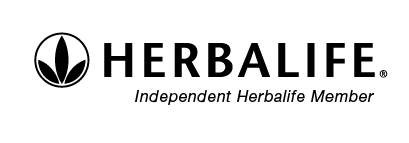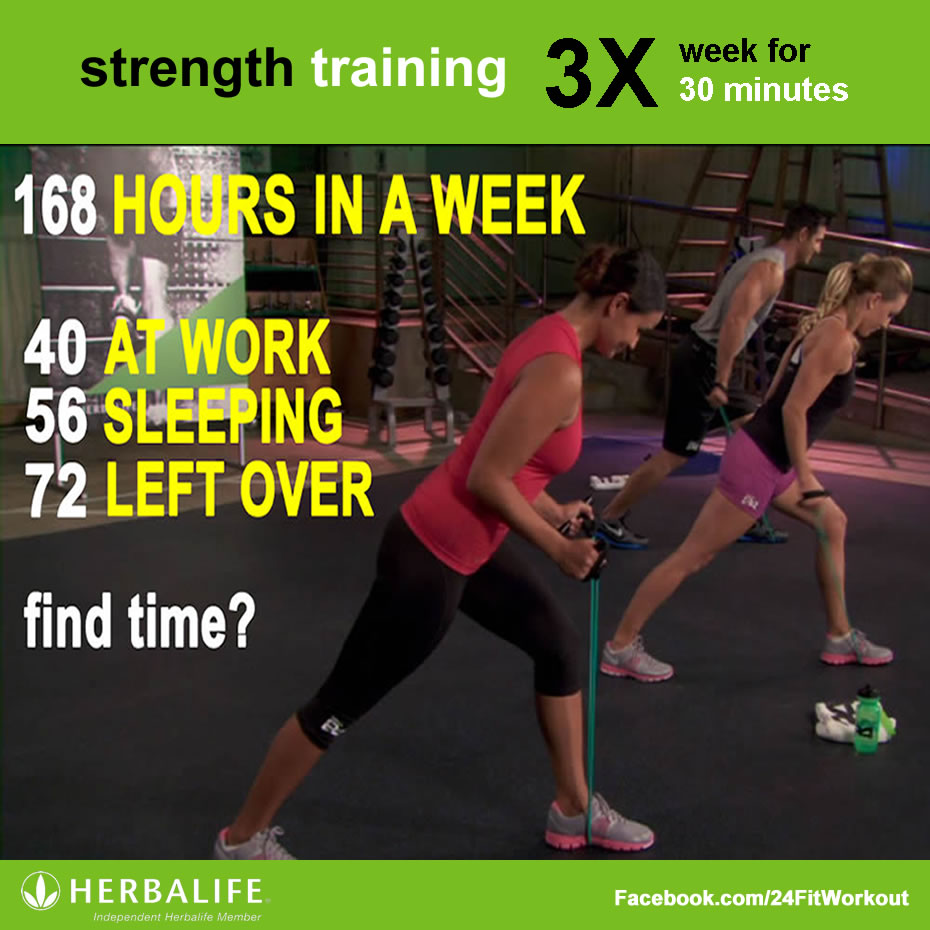The key to sustainable weight loss (as opposed to the “yoyo” weight loss and weight gain of trendy weight loss fads) is a high resting metabolic rate as well as balanced nutrition.
Burn More Calories
The increased presence of muscle tissue improves overall metabolic function, especially when at rest. This means that by increasing your lean body mass, through strength training, you can burn more calories per day than with aerobic exercise alone.
“The calories you burn during workouts are inconsequential to your overall body weight or body fat content! Instead, it is how well you use your exercise time to reprogram your daily physiology that matters” Robert Forster
Strength Training Options – 3 Times A Week For 30 mins,
At gym with equipment.
At class with weights.
At fit camp using own body weight.
At home using youtube videos, using own body weight.
At the swimming pool with Aquafit & Resistance Bands
At home using the 24 Fit DVDs, with resistance bands and dumbbells. A 24 week programme, with 3 phases and 3 levels of difficulty.
But exercise without the right balanced nutrition can be counterproductive. Lets say someone is going to Slimming XXXX and on a ” restricted diet” of a low calorie cereal for breakfast and low calorie soup for lunch, the chances are they will lose lean muscle not gain it.
Why Balanced Nutrition?
To lose weight you need to create a deficit in calories from your active metabolic rate. However, WITHOUT LOSING LEAN MUSCLE; otherwise you will be in worse situation than when you started! And if you don’t maintain good levels of macro and micro nutrients, you may find you are never satisfied after eating, or still lack energy, making you reach for products such as sugary drinks, biscuits or other unhealthy snacks.
To help preserve muscle mass, aim for at least 15 grams of protein for breakfast with the protein factor personalised to the individual. Taking a Herbalife Formula 1 Shake for breakfast…is a great place to start. And a Herbalife shake after training accelerates lean muscle growth, which in turn revs your metabolism and burns more fat, and speeds up recovery. Eating soon after your workout not only speeds the recovery process, it also can prevent you from feeling deeply ravenous and overeating later on.
If you don’t get enough protein, your muscles aren’t able to repair themselves after a workout. In such a case, strenuous exercise can actually be counterproductive—you aren’t able to rebuild what you tear down, and you actually become less able to burn calories.
Wellness Coaching
Includes a structured, balanced nutrition programme personalised to the individual including your daily protein factor. Contact us for advice..

